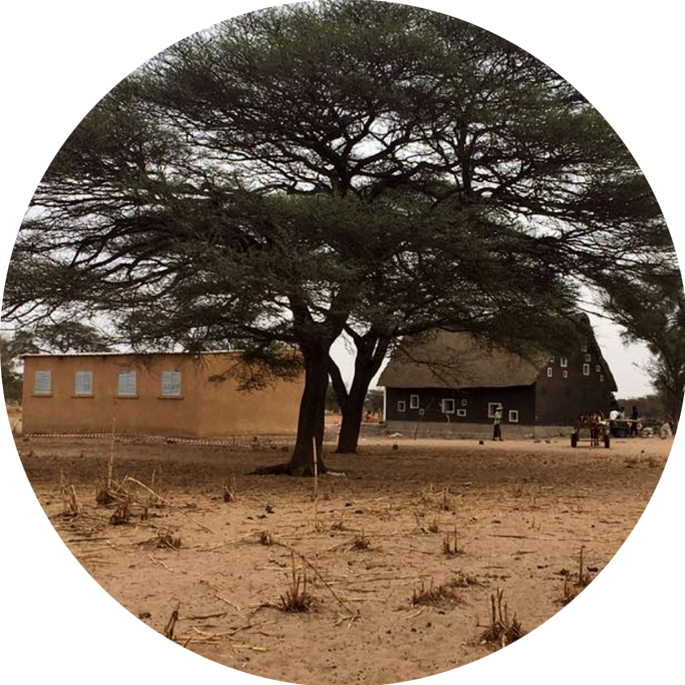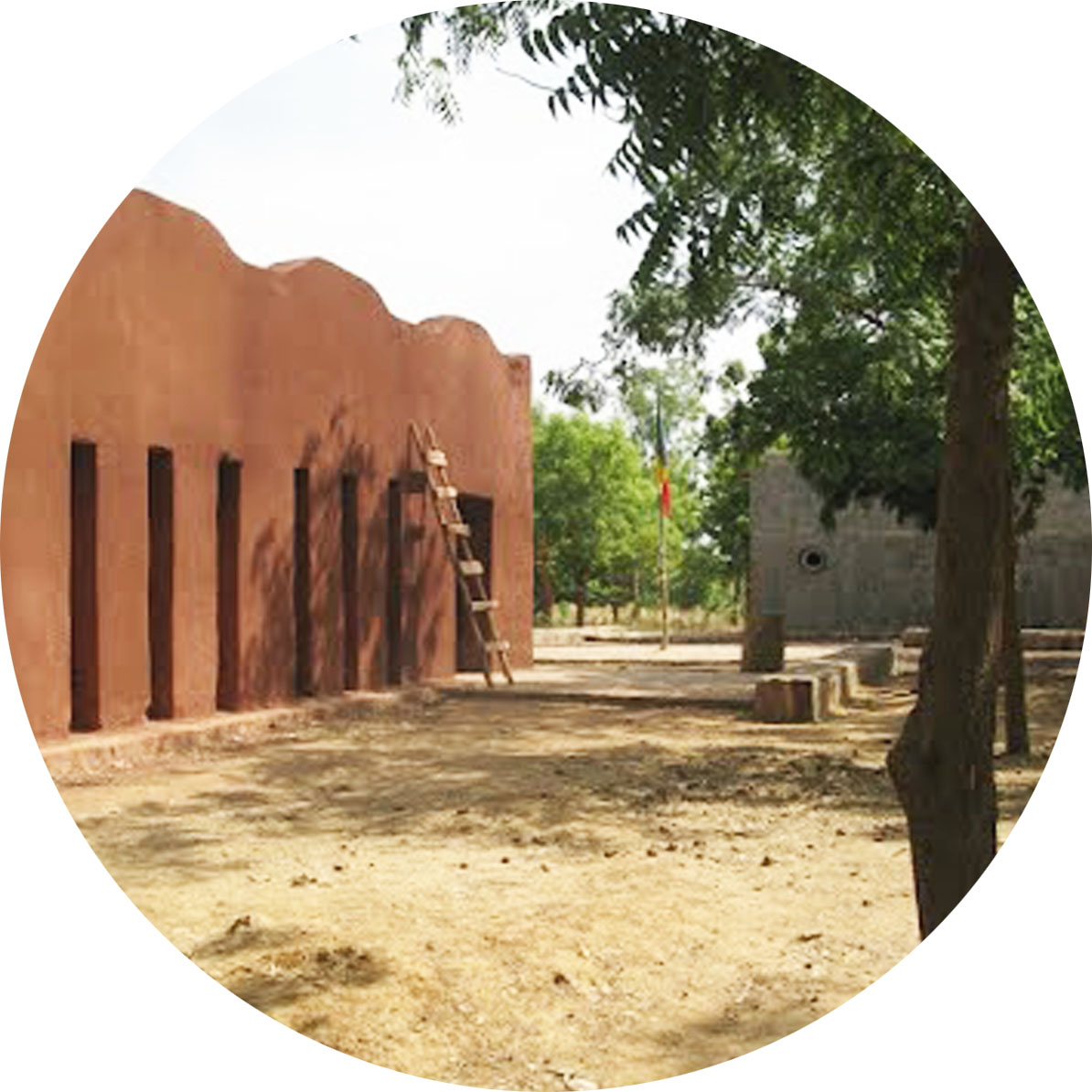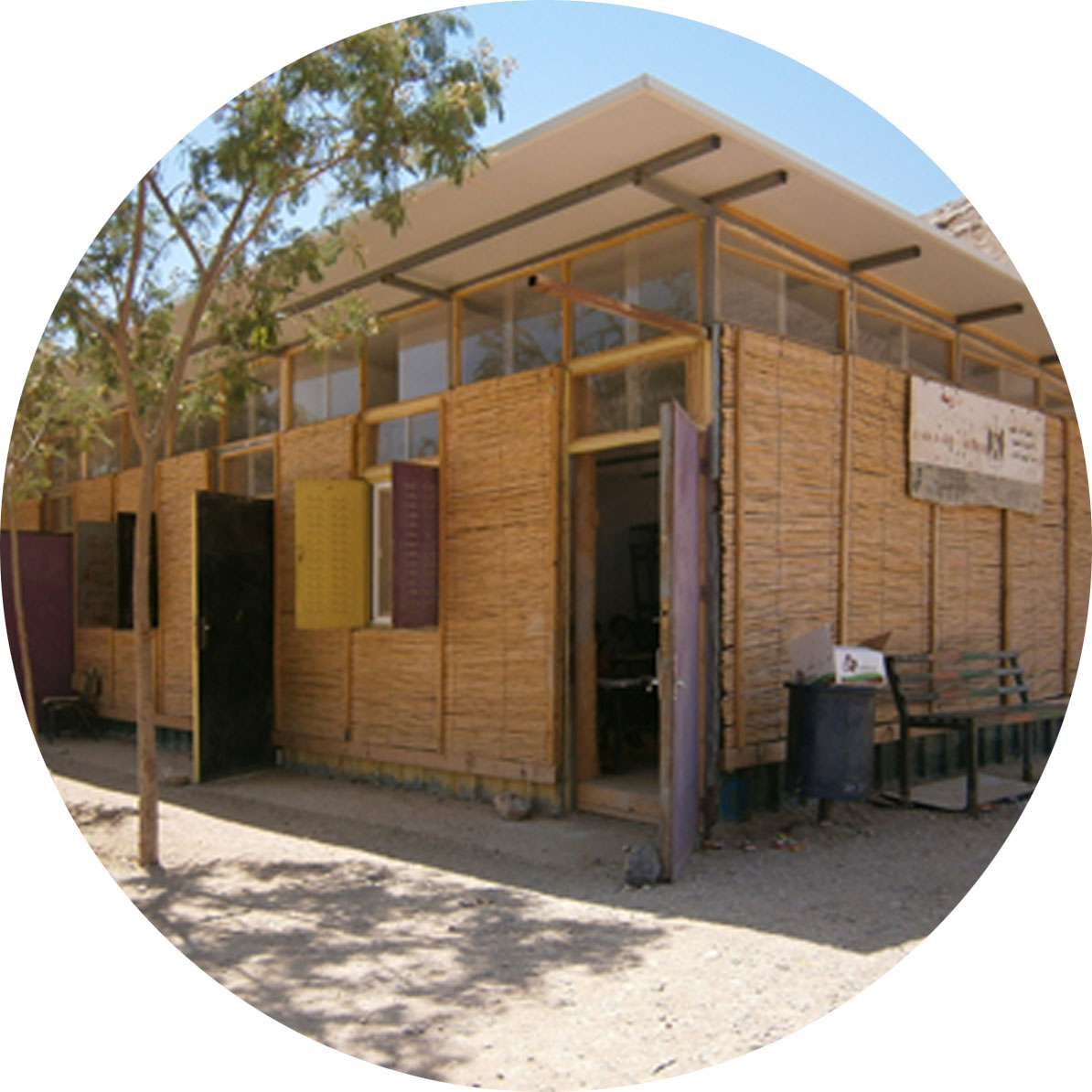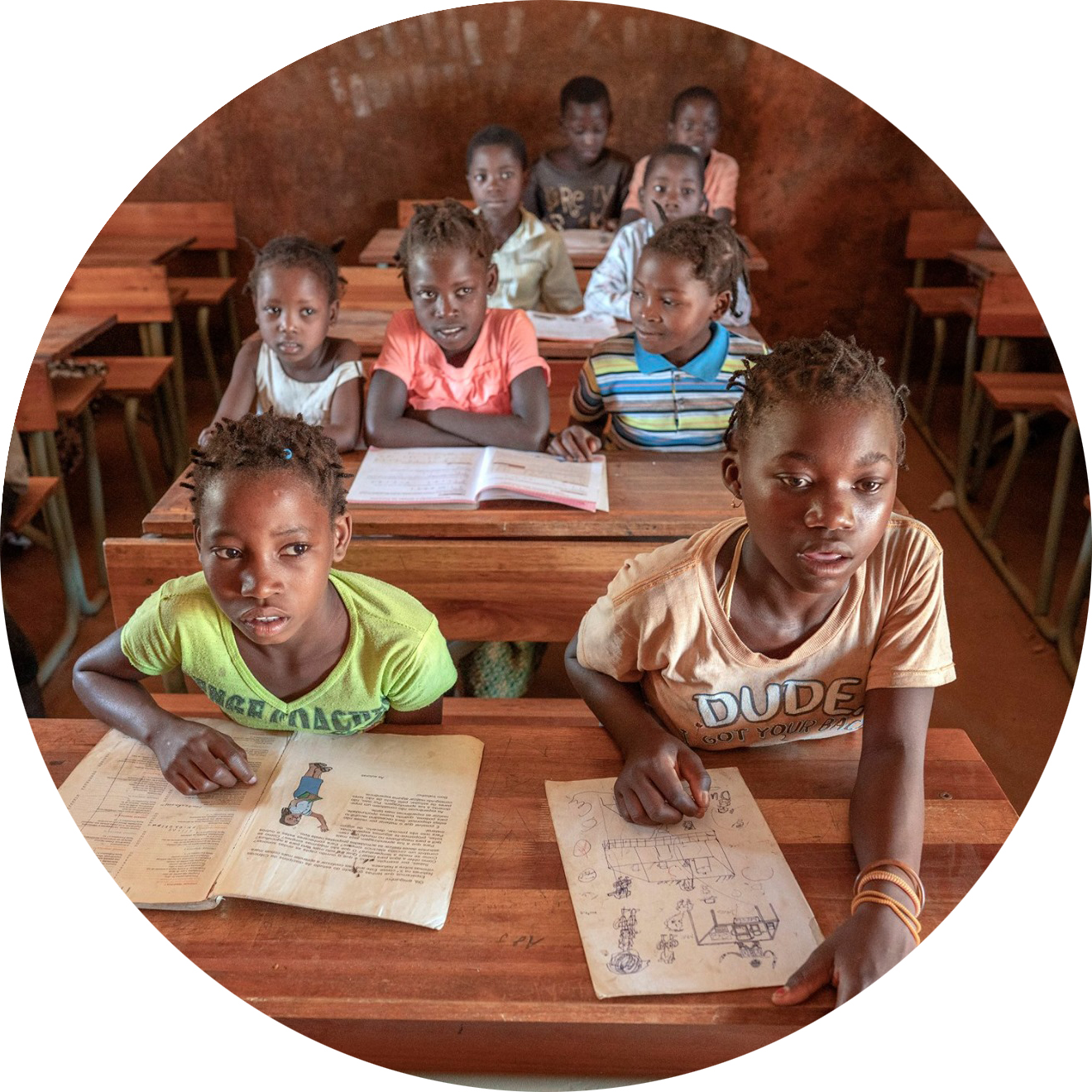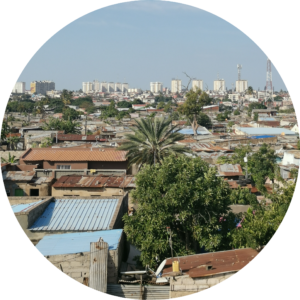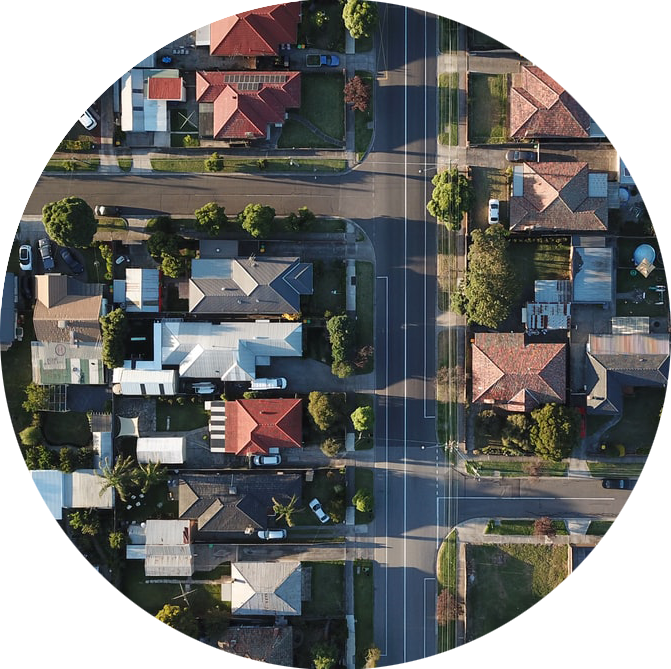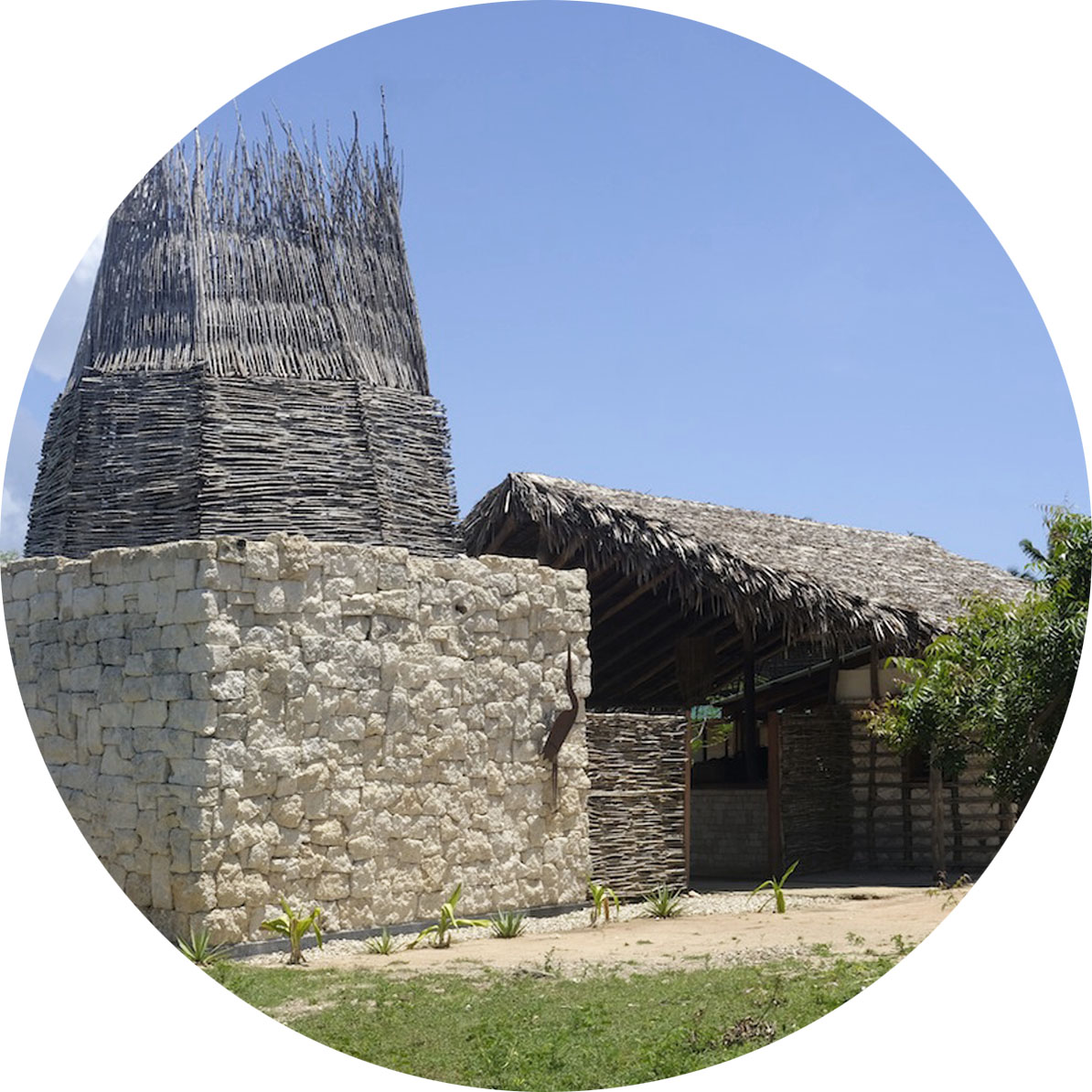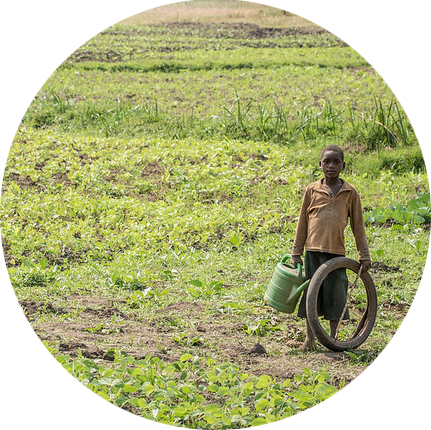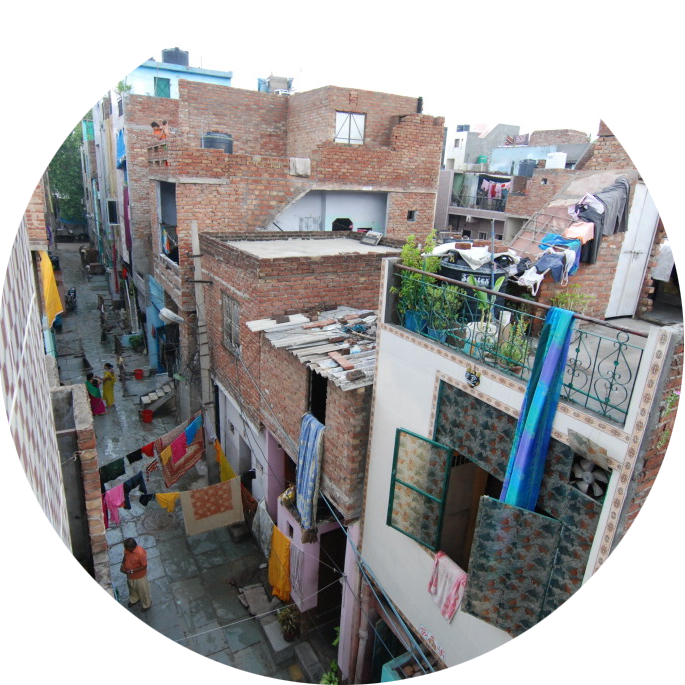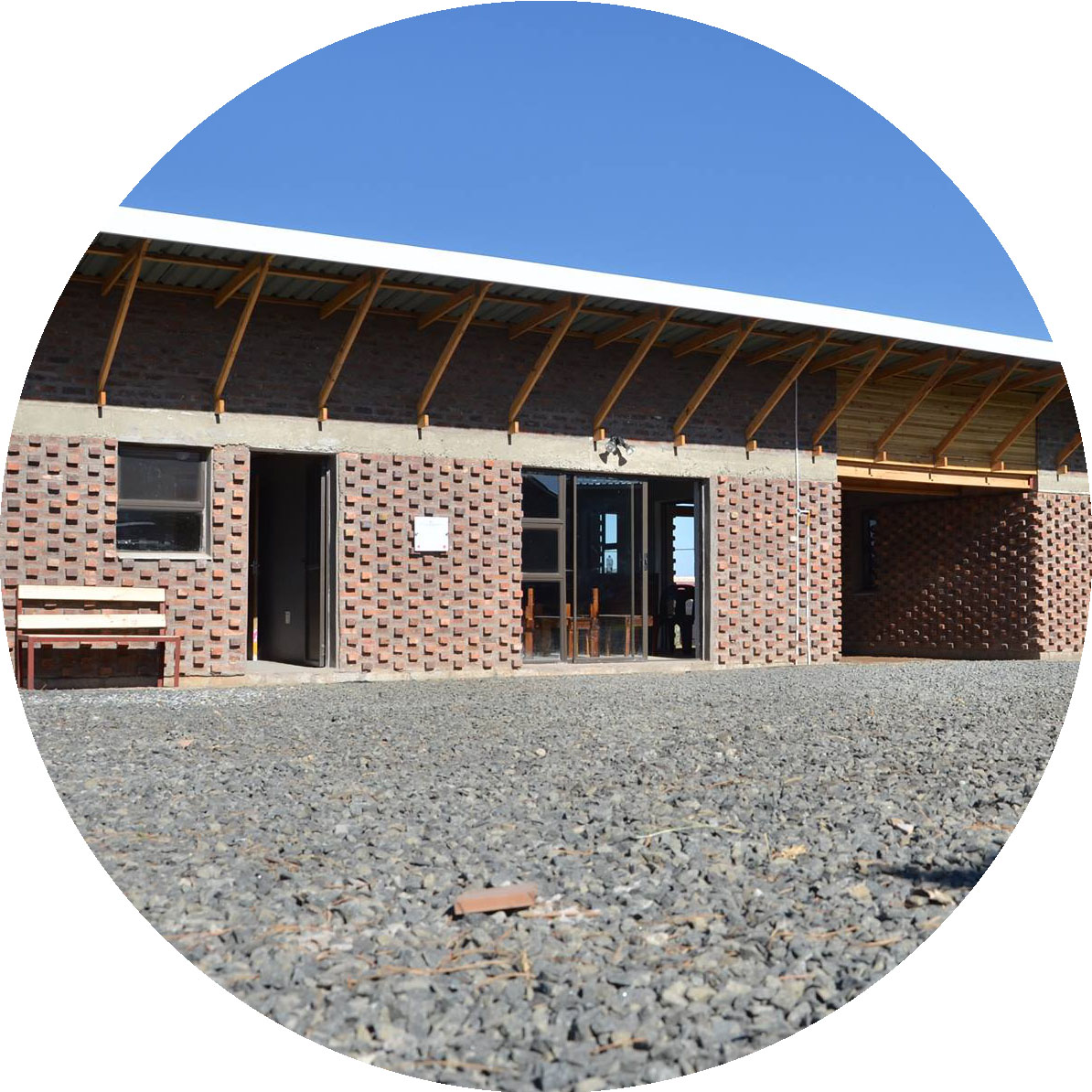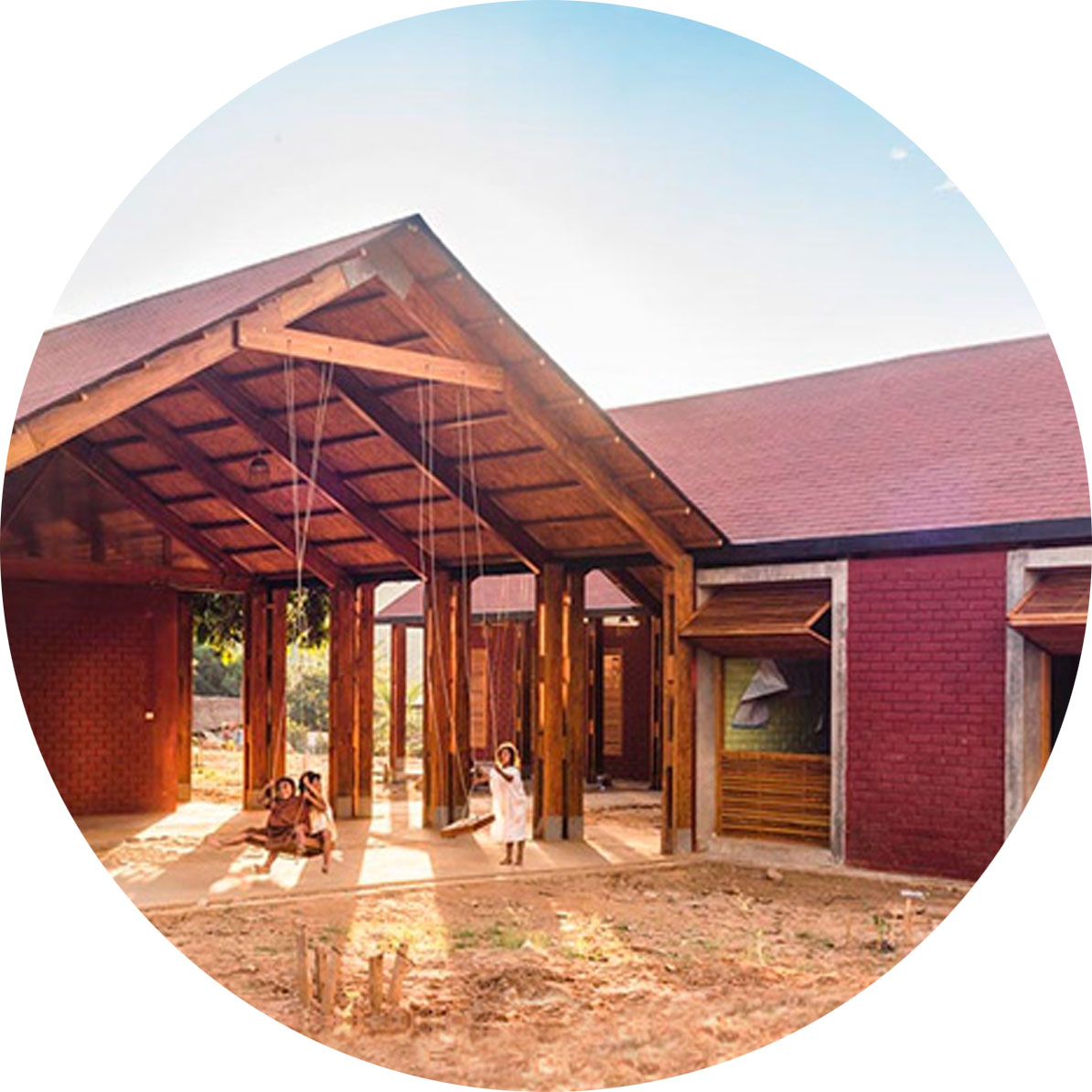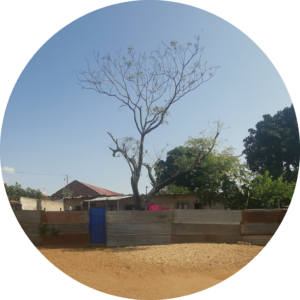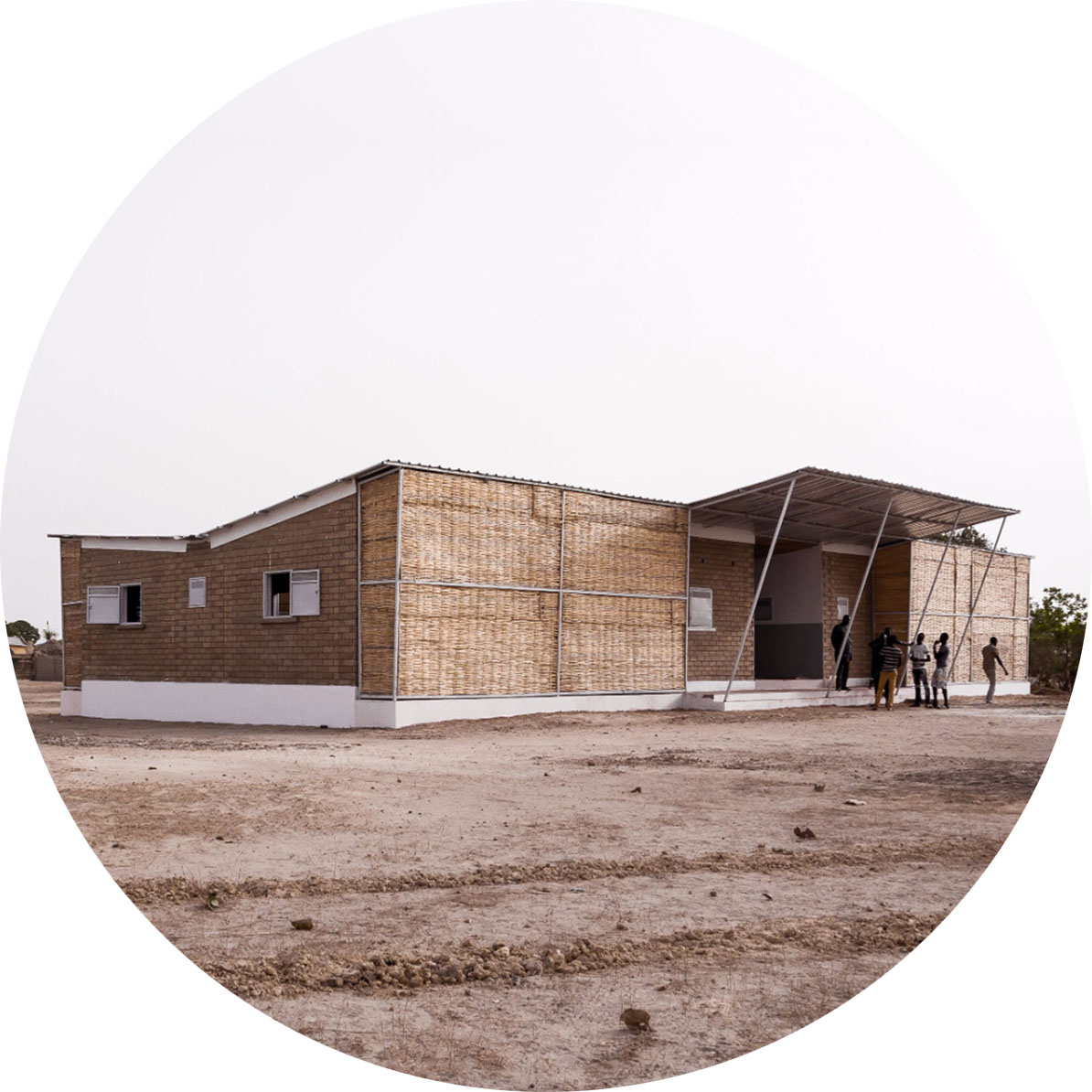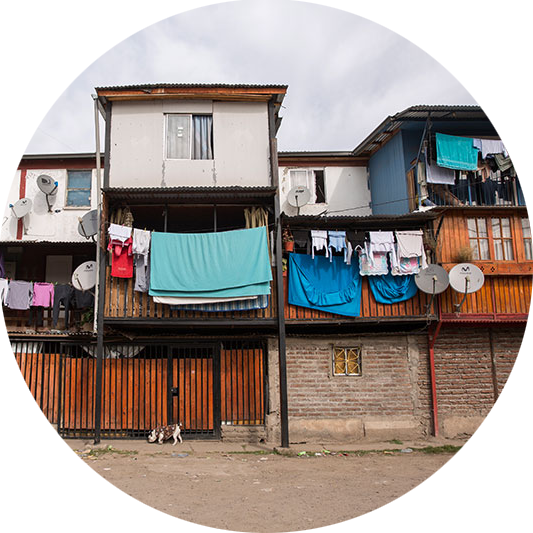The Master’s programme has a duration of 1,500 hours in total, consisting of lectures, exercises, design studios, on the ground workshop, individual study, an internship of al least 350 hours or project work and a final thesis.
The theoretical lessons are held online in the first part of the Master, then the design studios will take place in Milan approximately one per month, followed by an intensive period during which students will attend the on the ground workshop, complete the internship and prepare their final thesis.
The programme is organised into six modules:
MODULE A | THEORY / 6 ECTS
Descriptions and interpretations of the new global urbanism and main challenges that it poses for the design disciplines to foster strategies of inclusive, sustainable development in the contexts of the Global South.
MODULE B | TOOLS / 6 ECTS
Detailed examinations of tools for regional analysis, for promoting and managing projects, and for building and strengthening the capacities of local actors and of the communities involved.
MODULE C | DESIGN STUDIOS / 12 ECTS
A detailed examination of design strategies at the various scales and the different spheres of action on which the Master’s programme focuses: urban growth and local resource management, housing and community services, and protection existing heritage.
- DESIGN STUDIO 1 / 4 ECTS – Planning strategies for integrated regional development of rapidly urbanising areas
- DESIGN STUDIO 2 / 4 ECTS – Architectural Design Studio in informal precarious settlements
- DESIGN STUDIO 3 / 4 ECTS – Strategies for protecting and enhancing cultural heritage in urban-rural areas in transition
MODULE D | ON THE GROUND DESIGN WORKSHOP / 16 ECTS
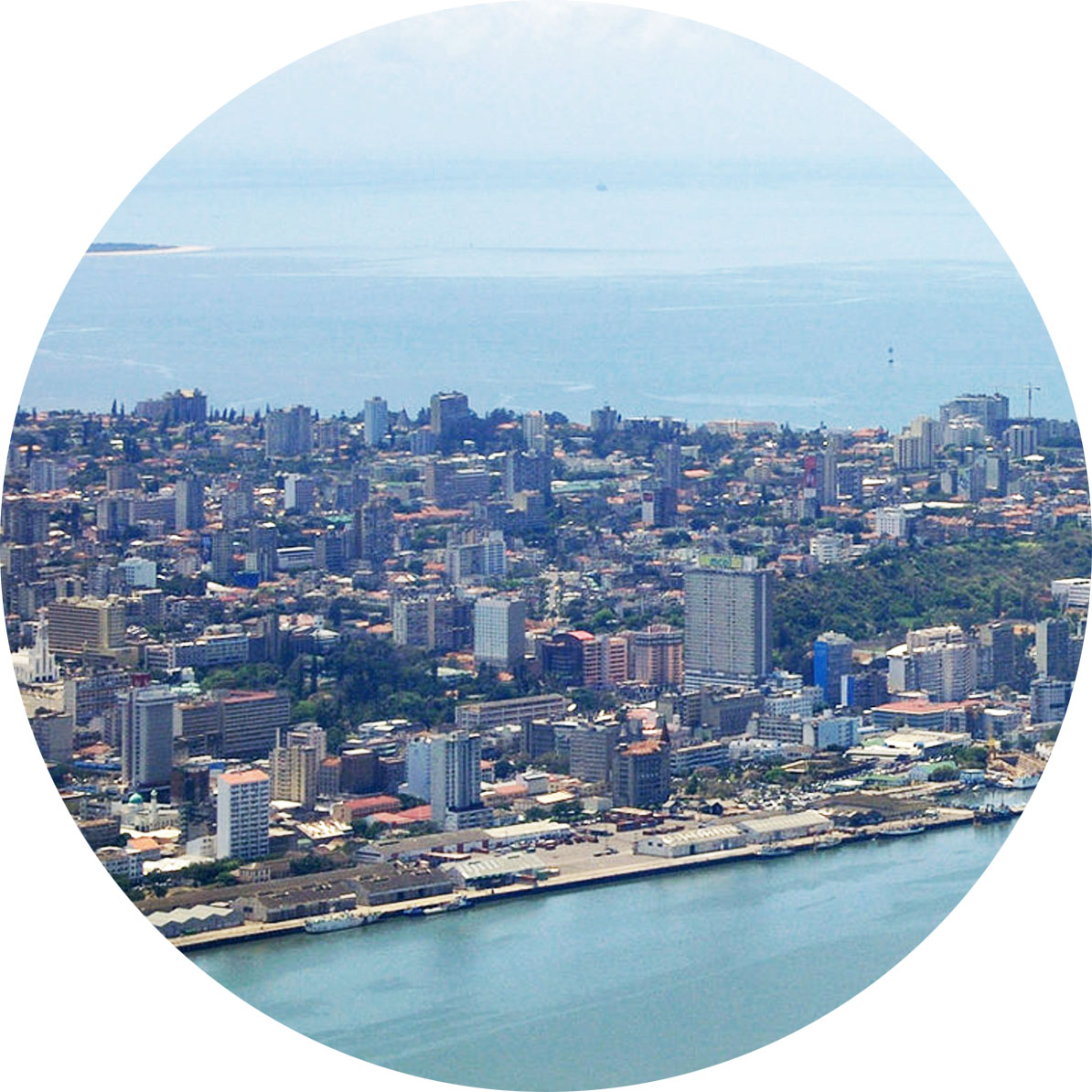
maputo
Mozambique
The on the ground design workshop is aimed to test out the methodologies and tools acquired during the course. The case study is chosen to connect the workshop learning experience with a real project run by international organisations operating in the field in partnership with local institutions and the local community. The workshop will prepare students at first to gather relevant design data and information. The workshop will then continue in the field and will be dedicated to direct observation and planning. After the on the ground experience participants will summarise and bring to completion the final design product.
The Master’s last edition workshop took place in Maputo (Mozambique).
MODULE E | INTERNSHIP OR PROJECT WORK / 14 ECTS
International internship of at least 350 hours at an organisation or in a professional context related to the themes dealt with during the Master. This internship will thus act as a gateway to employment opportunities.
Chile, Jordan, Kenya, Lebanon, Lesotho, Mozambique, North Macedonia, Peru, Rwanda, Turkey were some of the internships past destinations. In some particular cases, the internship can be replaced by an equivalent project work.
A wide network of partners offers internships; here some information (for further information about partners, visit the Partners page).
Architetti Senza Frontiere Italia onlus (ASF Italia) is a not for profit organisation. Since 1998 it aims to facilitate processes of equitable and sustainable development through actions in the field of socially responsive design. By engaging in the production of the built environment, ASF Italia strives to support and benefit the most underprivileged sectors of the world’s population –individuals and groups who are marginalised or living in poverty.
ASF Italia is the Italian chapter of Architecture Sans Frontières International, an independent network gathering 33 not for profit design organisations spread all over the world.
The internship focused on the study of a communication campaign within the HANDS project, a research project whose main goals were to improve sanitation conditions and the quality of the urban fabric in the informal settlement of Chamanculo, located in the capital of Mozambique, Maputo.
Africabougou Onlus is a non-profit organization that focuses its efforts on rural villages in Sub-Saharan Africa, and promotes projects with the direct involvement of local populations.
In the places where it operates, Africabougou relies mainly on the direct support of local collaborators, and on a network of contacts with private institutions, rural municipalities, associations and local authorities.
The proposed internship took place in Mali, and it focused on construction designing for savannah village communities. The ideal candidate for this destination is fluent in French.
ARCò – Architecture and Cooperation is a cooperative founded in 2008 by a group of architects and engineers dedicated to the production of sustainable architecture and landscape designing. Its projects are based on the constant pursuing of social, economic and environmental sustainability. For this reason, ARCò explores the local traditional techniques and materials available, in order to guarantee that the construction phase can be run independently by local communities.
Alessio Battistella is the reference person for this initiative. All the proposed internships were focused on building design (schools in Iraq and Sudan, a FabLab in Senegal, a community center in Myanmar, an hospital in Uganda, a school for disabled people in a rural area of Ethiopia).
AVSI Foundation is a non-profit organization founded in 1972 that implements development and humanitarian aid projects in 33 countries, including Italy.
AVSI vision is to work for a world where the person is the protagonist of her own integral development and that of her community, even in crisis and emergency contexts.
The mission of AVSI is to implement cooperation projects in various sectors with a preferential focus on education, meaning that the person is accompanied towards self-discovery and recognition that the other person is a resource. Each project is conceived as an instrument to promote this awareness in everyone involved, has in itself a need for communicating and sharing, and creates an impact capable of generating a positive change.
The proposed internships took place in Jordan and Lebanon, concerning urban development and regeneration interventions based on an integrated, participative and inclusive approach.
CELIM is an Non-governmental Organisation founded in 1954, registered in the OSC (Civil Society Organisations) book of the Italian Agency for Development Cooperation (AICS) and recognized by the European Union. CELIM handles projects of international cooperation in Africa, in the Balkans and in the Middle East, with the help of numerous volunteers and professionals on the one side and the cooperation of local authorities on the other.
Alessandro Salimei is the reference person for the internships, that took place in North Macedonia and were focused on securing decent housing conditions.
HopeandSpace is a Third Sector Organization that was born in 2004 from the desire to find innovative and multidisciplinary approaches to the great challenges that await us on the territorial scale.
It is formed by a pool of experts with specializations in different areas (architecture, sociology, engineering, economics) with a background in International Cooperation, who are united by the passion to work together with communities and their administrations in the processes of safeguarding and improving their territories both in Europe and in the Global South.
Luca Bonifacio is the reference person for the internships, which were focused on development of an innovative construction system for humanitarian emergencies.
Istituto Oikos is a non-profit organisation that operates in Europe and in the South of the world to safeguard biodiversity and to promote the widespread adoption of more sustainable lifestyles. The Institute’s mission is to contribute to preserving ecosystems and supporting development through professionalism, innovation and active participation.
The proposed internship dealt with building designing based on environmental sustainability projects, with particular reference to the construction of the Lampi Visitor Center in South Myanmar.
LVIA – Lay Volunteers International Association is an Italian association which was founded in 1966, inspired by the reformist thrust of the Second Vatican Council and the values of justice and peace. LVIA is active in 10 African countries and deals with international solidarity and cooperation, committed to fostering ways of local and global change to overcome extreme poverty, reinforce equitable and sustainable development and enhance dialogue between Italian and African communities.
The internship took place in Kenya. The work was focused on local development and monitoring of projects in the energy sector.
mHS CITY LAB was established in 2009 with the aim to design scalable solutions to tackle urban poverty and in particular problems related to housing. Based in Delhi, mHS CITY LAB exists today as an inter-disciplinary team of designers, sociologists, economists and architects working towards the common goal of making our cities socially inclusive.
Marco Ferrario is the reference person for the internship, that took place in India and was focused on architectural and engineering solutions to be offered through an innovative digital project designed to improve the standards and safety of buildings in informal settlements.
Relationships Inspiring Social Enterprise (rise) is a US registered 501(c)(3) non-profit and manages the social responsibility program for BOND Events. Formed in 2016, rise believes in the importance of a world where sustainable social businesses, created by local social entrepreneurs, are provided with resources, knowledge, and the professional community needed to be successful and transformational in their communities.
Different internships took place in Lesotho focusing on building construction.
Semillas is an international and interdisciplinary team of professionals comprised of architects and specialists in projects involving international cooperation. They work in rural areas of the Peruvian Amazon and villages surrounding Lima. This is a critical humanitarian setting. In short, they create and execute educational architecture projects with an emphasis on integrated development.
Some internships took place in Peru. The focus was on social projects and architectural and development projects in the context of the Amazon rainforest. The ideal candidate for this destination is fluent in Spanish.
Skat Consulting Ltd. is a consulting company working together with partners in transition and developing countries to improve lives. Since 1978, Skat has an established track record of successful, high-impact projects and partnerships, adding value to companies, organizations, and government agencies at home and abroad. The company is well-known as independent resource centre and consultancy working in the fields of development and humanitarian aid.
Their services range from knowledge sharing to policy and strategy development. Their experts provide technical expertise and management support as well as training, research facilities and project implementation successfully since almost 40 years in over 100 countries.
The internships took place in Rwanda, focusing on neighbourhood transformation master plans with community participatory approaches.
Active internationally in social design since the last millennium, TAM Associati combines a civil and professional commitment, working in sustainable architecture, urban planning, landscape design, participatory and educational processes, graphic design and social communication.
Raul Pantaleo and Laura Candelpergher are the reference persons for the internships, which took place in Trieste, Italy. The training included working on international projects, such as hospitals in Palestine and Rwanda and a multifunctional building in Ivory Coast.
TECHO is a youth led non-profit organization present in Latin America & the Caribbean. Established in 1997, through the collaborative work of families living in extreme poverty with youth volunteers TECHO seeks to overcome poverty in slums. TECHO is convinced that poverty can be permanently eradicated if society as a whole recognizes poverty as a priority and actively works towards overcoming it.
The internships took place in Santiago, Chile and were focused on the development of housing projects and urban studies for excluded families.
MODULE F | FINAL THESIS/ 6 ECTS
Students will prepare their thesis under the supervision of an academic tutor and present it at a public concluding seminar.
The thesis will focus, for the 1st level Master, on deepening a thematic study of one of the topics covered during the Master; for the 2nd level Master, it will concern a case study and a project proposal.

